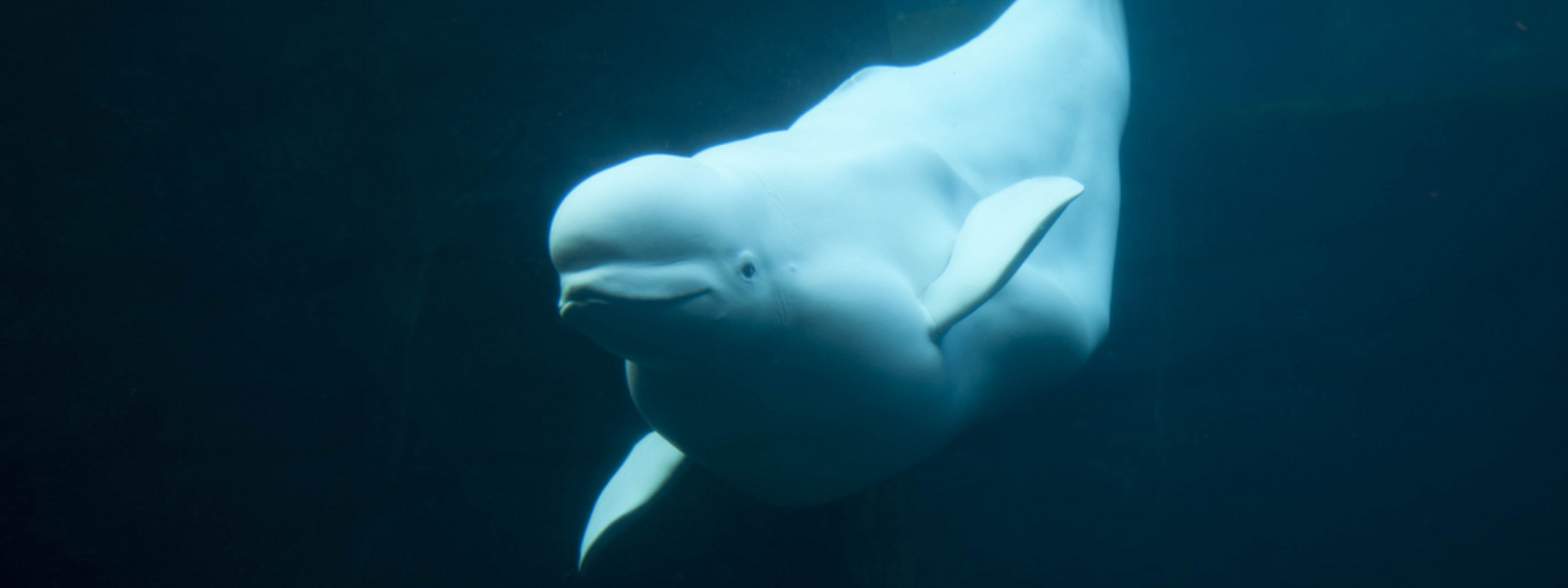

A team of international and Russian scientists recently visited the Russian “whale jail”, where ten orcas and 87 beluga whales, that were caught from the wild last summer, are being held in small sea pens. Preliminary word is that the researchers believe all the whales are eligible for release, but the Sea of Okhotsk, where they were originally captured, is frozen over now and the original pods are scattered for the winter and spring. The International Marine Mammal Project (IMMP) of Earth Island Institute helped support the team’s expenses.
The team reached agreement with the Russian governor to release the whales. Russian government representatives believe they can be returned to the sea in July or August, when the ice has retreated and the family pods return to the area. Plans are still being made for the best release effort, as well as a report from the scientific team on their findings from the inspection.
The Russian fisheries ministry, VNIRO, recently proposed new quotas for captures of live orcas and beluga whales for the summer of 2020 (plans for any captures in 2019 were canceled last fall).

One of the 87 beluga whales caught in the wild last summer and now in a sea pen in Far East Russia. Originally intended to be sold to aquariums in China, the Russian government has so far blocked the export and has agreed with IMMP, other organizations, and scientists to release the whales back where they came from this coming summer.
Thanks, fortunately, to a huge outcry from Russian citizens and non-governmental organizations, IMMP has learned that the VNIRO has backed down and canceled any orca permits for 2020. They are reportedly still deciding whether to authorize the beluga whale captures, though.
There is some discussion in government circles of having a permanent ban on captures of live cetaceans in Russian waters, something IMMP, scientists, and Russian conservationists strongly support. (An exception would be made for captures with a scientific purpose.) Such a ban would require voting on legislation in the Russian Federal Assembly (the equivalent of a parliament).